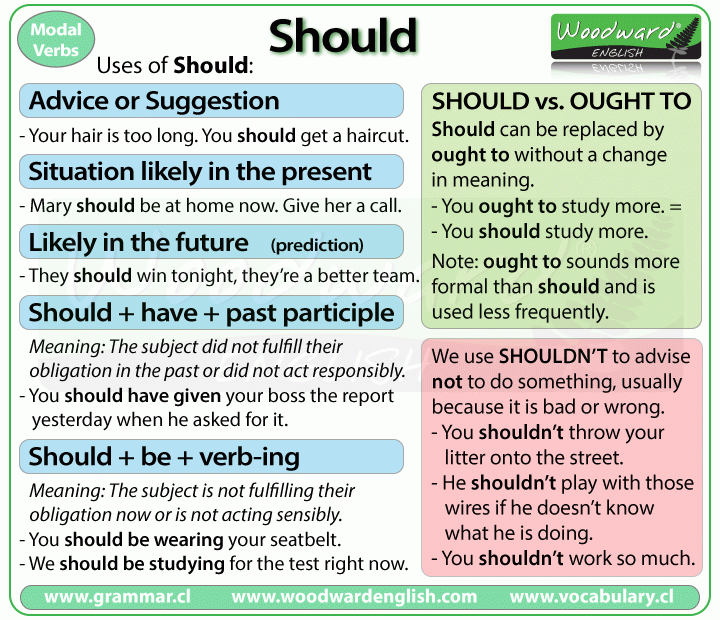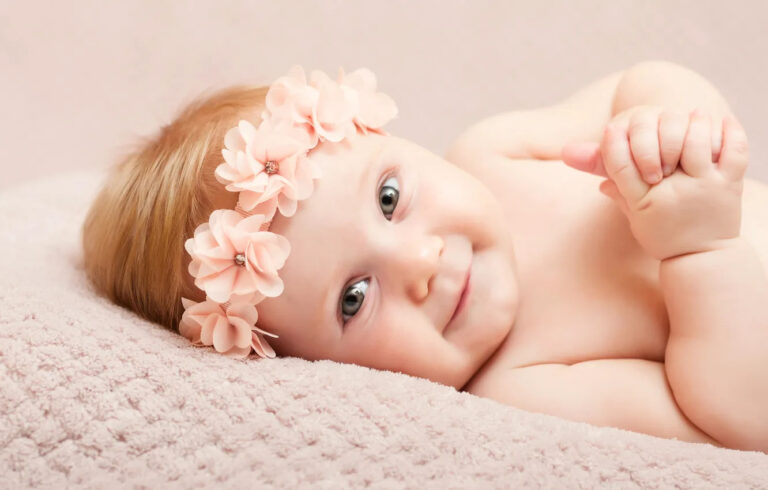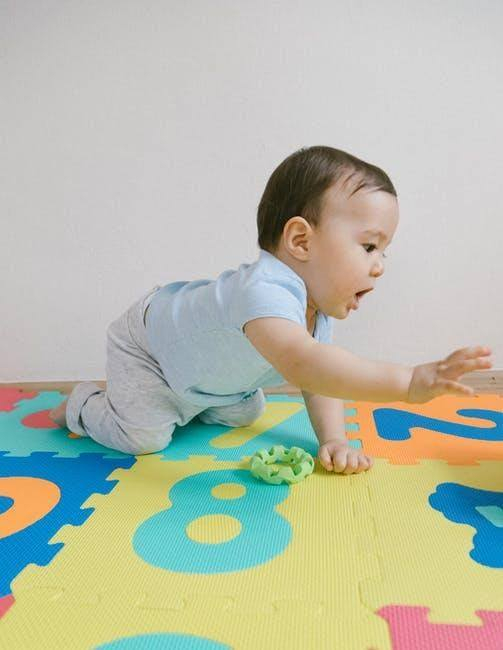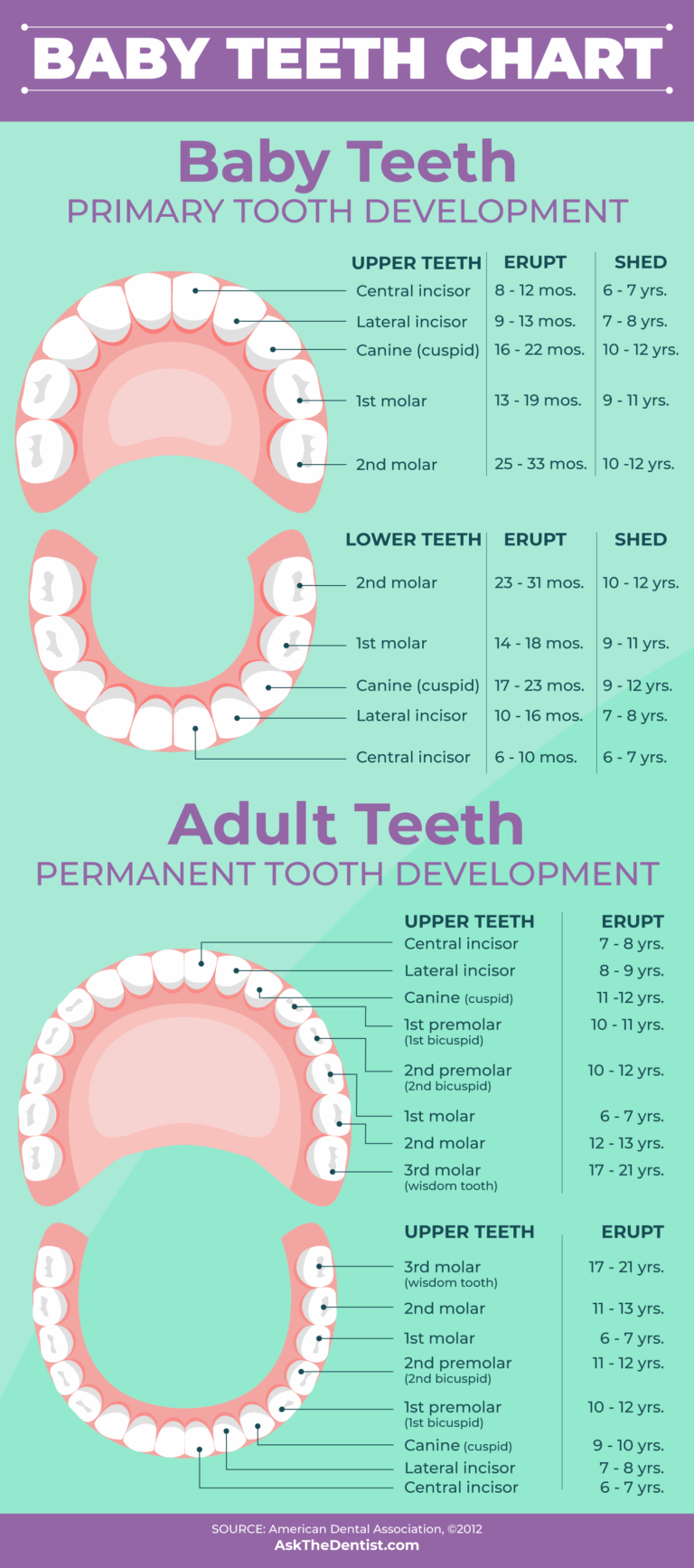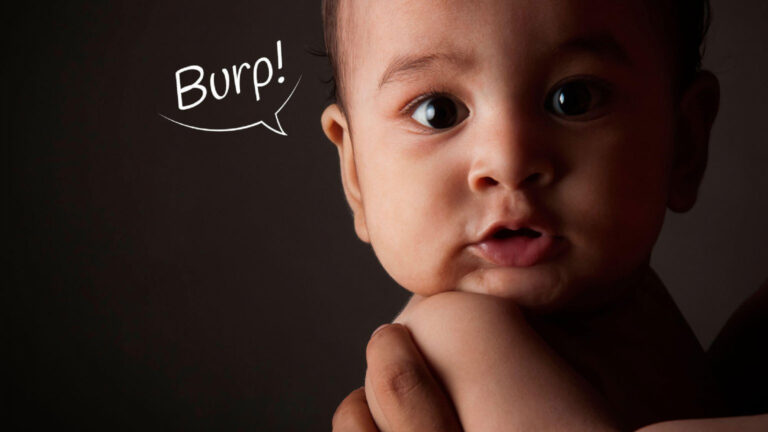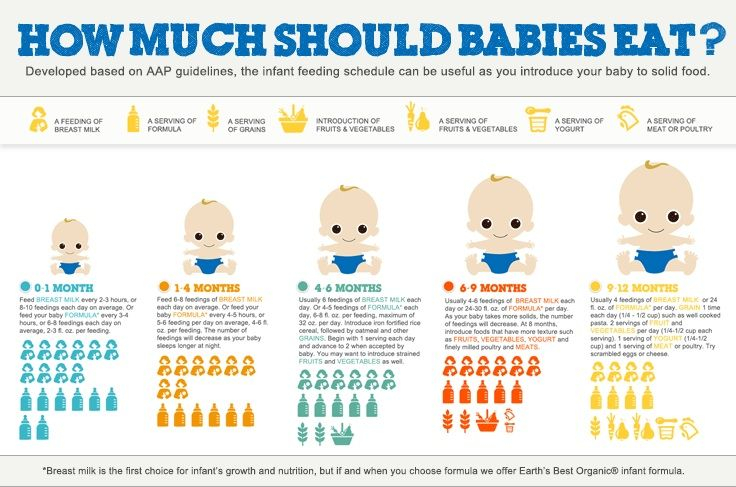When Should You Start Brushing Baby’s Teeth
As a parent, ensuring the health and well-being of your baby is a top priority. One important aspect of their overall health is oral hygiene, which includes taking care of their gums and teeth. Brushing your baby’s teeth is crucial for preventing tooth decay and promoting good dental habits from an early age. In this article, we will explore when you should start brushing your baby’s teeth and how to do it effectively.
Knowledge
It is recommended to start cleaning your baby’s gums even before their first tooth emerges. You can gently wipe their gums with a clean, damp cloth after feeding to remove any bacteria or food particles. Once their first tooth appears, usually around 6 months of age, you can start using a soft-bristled baby toothbrush to clean their teeth. It is important to use a toothbrush specifically designed for infants to avoid harming their delicate gums.
When brushing your baby’s teeth, use a tiny amount of fluoride toothpaste, about the size of a grain of rice. Fluoride helps strengthen their tooth enamel and prevent cavities. Make sure to brush their teeth gently in circular motions, covering all surfaces of the teeth. You can gradually increase the amount of toothpaste to a pea-sized portion as your baby grows older.
It is recommended to brush your baby’s teeth twice a day, in the morning and before bedtime. Establishing a routine early on will help make brushing their teeth a habit as they get older. As your baby gets more teeth, you can introduce flossing to remove food particles between their teeth and prevent cavities.
Regular dental check-ups are also essential to monitor the growth and development of your baby’s teeth. Your pediatric dentist can provide guidance on proper oral care and detect any potential issues early on. They may also recommend fluoride treatments or dental sealants to protect your baby’s teeth from decay.
Conclusion
Starting to brush your baby’s teeth early on is crucial for maintaining their oral health and preventing dental problems in the future. By establishing good oral hygiene habits from an early age, you are setting the foundation for a lifetime of healthy teeth and gums. The key strengths of this practice are promoting good dental habits, preventing tooth decay, and instilling the importance of oral care.
In conclusion, knowing when to start brushing your baby’s teeth and how to do it effectively is essential for their overall well-being. As a parent, you play a crucial role in teaching your baby the importance of oral hygiene and ensuring they have a healthy smile for years to come. By following the recommended guidelines and seeking advice from your pediatric dentist, you can help your baby develop strong and healthy teeth from the start.
